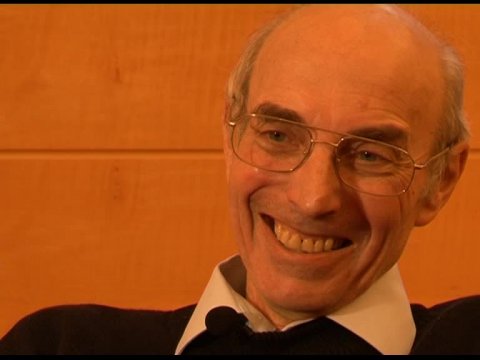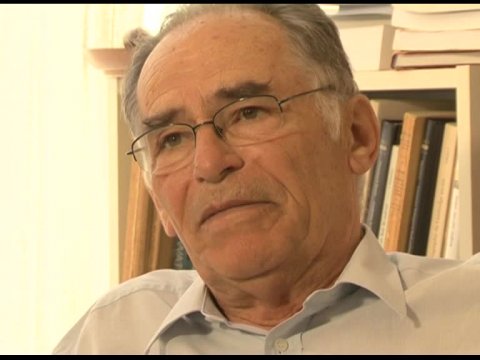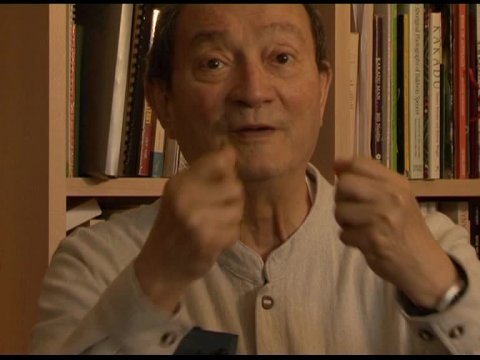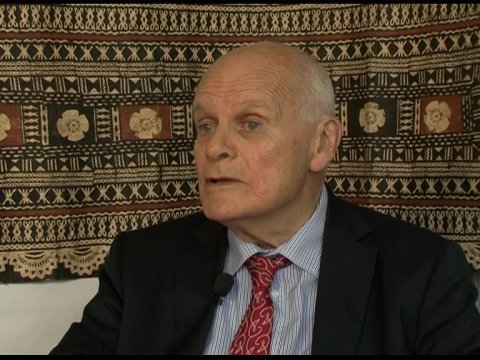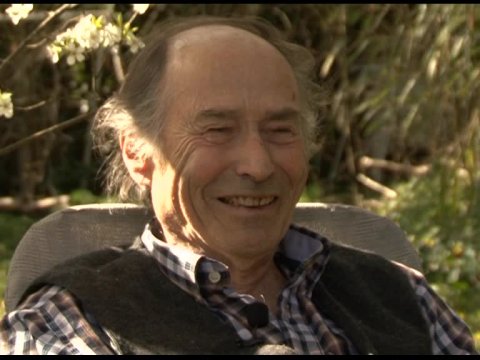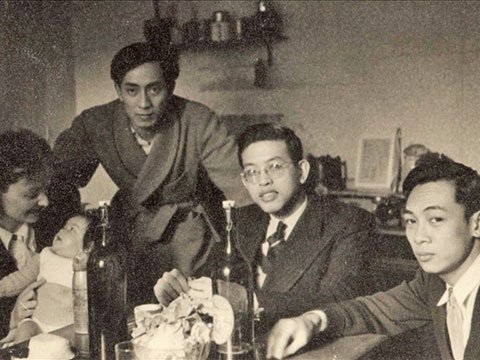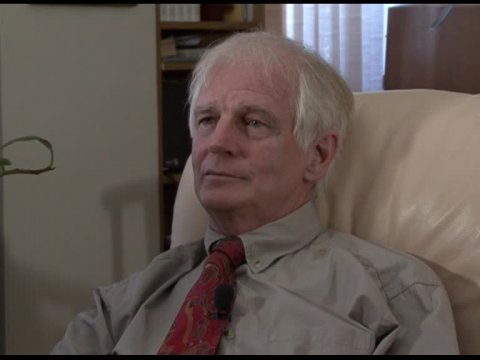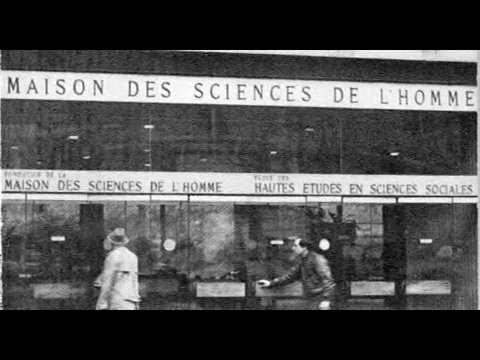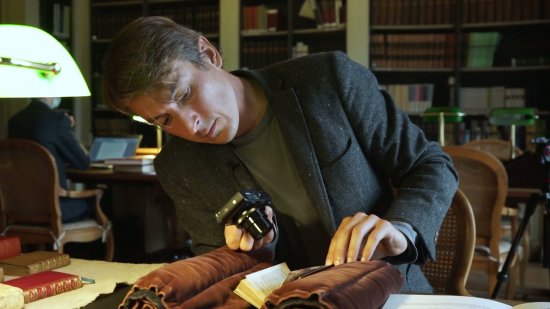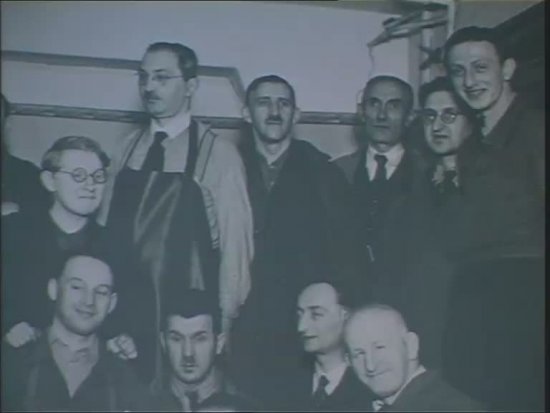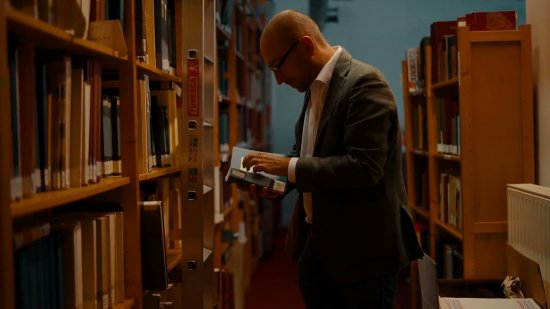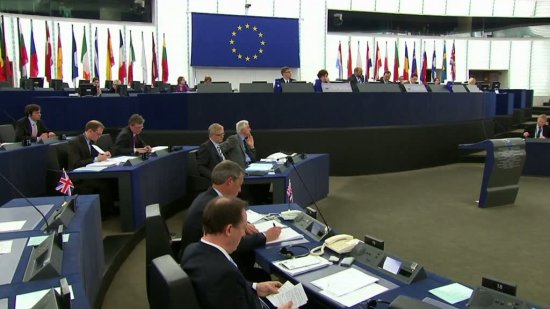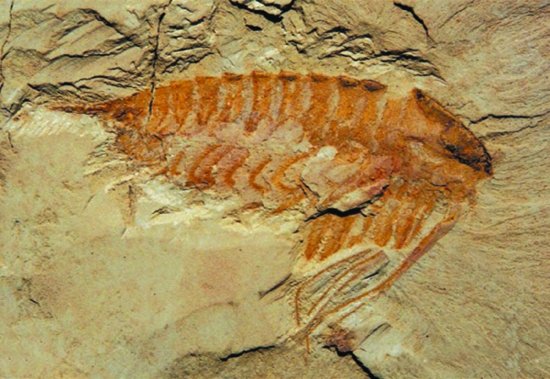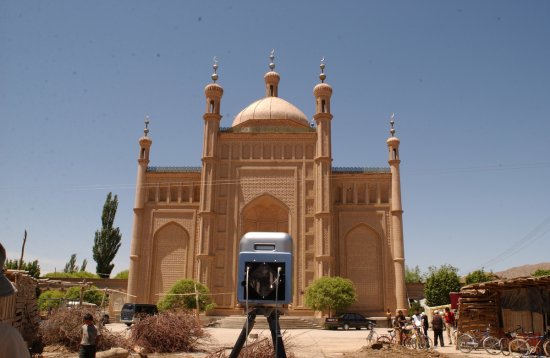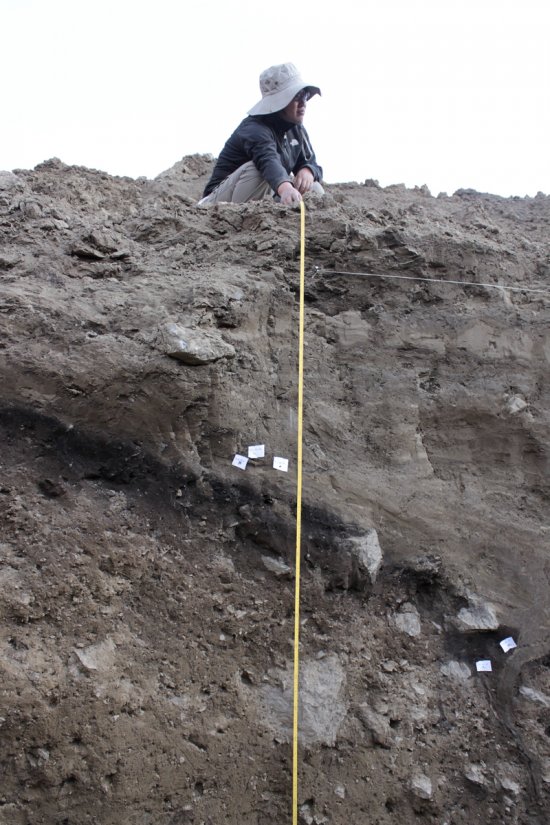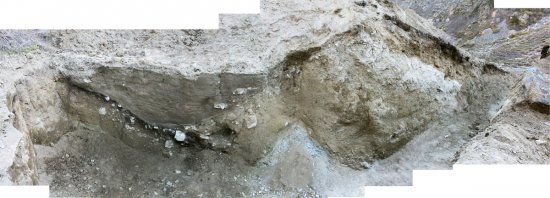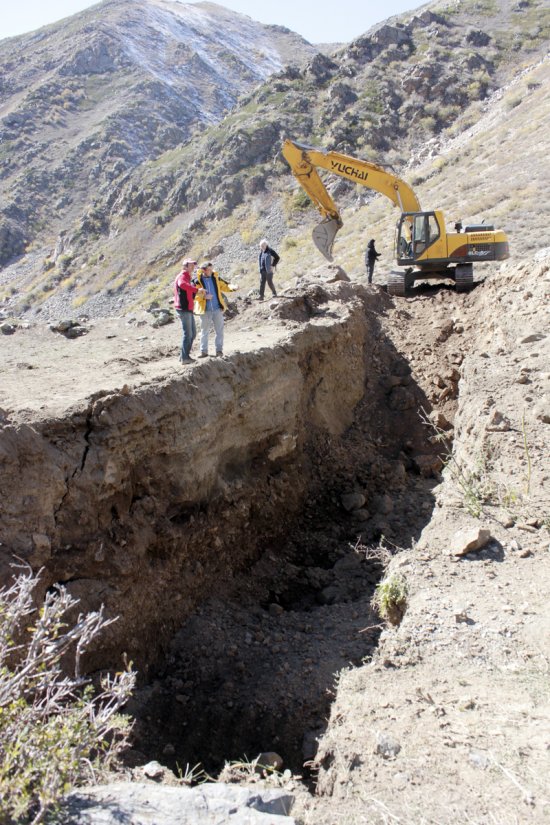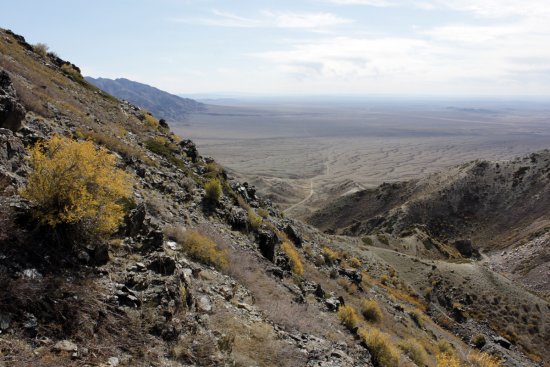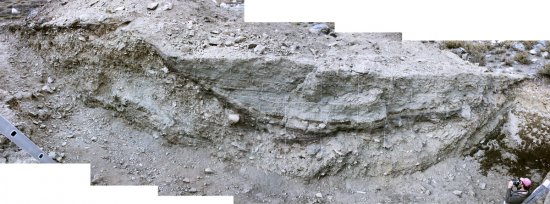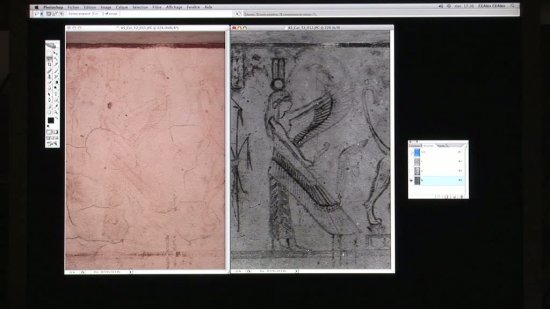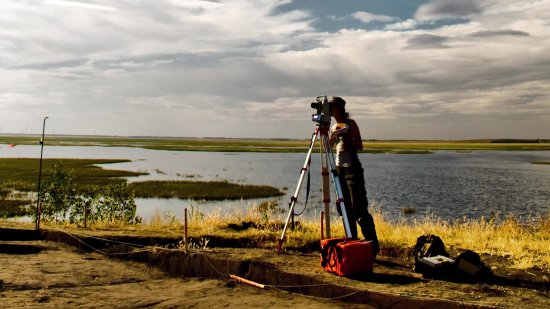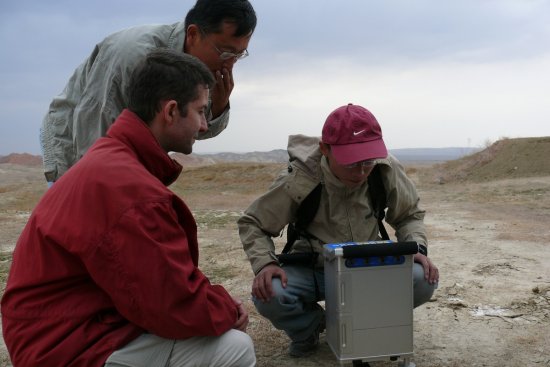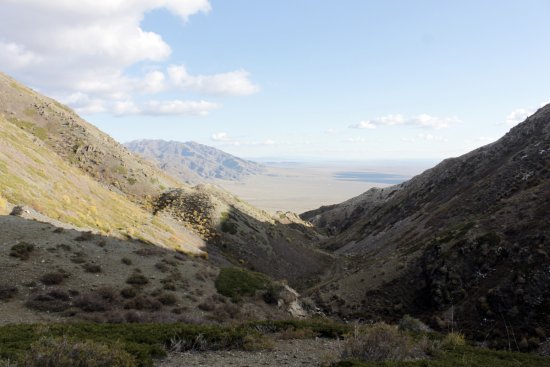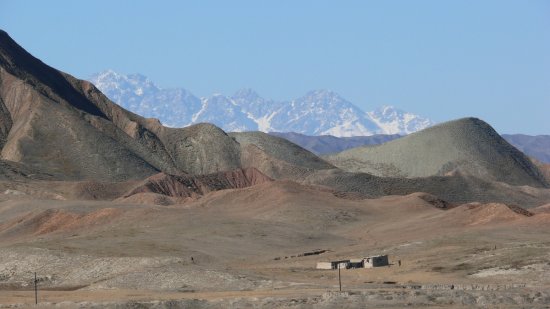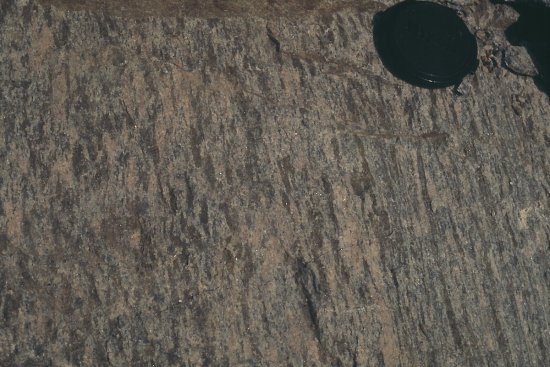© CNRS / Réseau Asie / IMASIE - 2011
Reference
4398
Jacques Gernet
Series title
Words from Asia and the PacificThe Words from Asia and the Pacific series is made up of interviews conducted by Jean-François Sabouret, Director of the Réseau Asie - Imasie (CNRS), with humanities researchers, experts on Asia and the Pacific.
Jacques Gernet is a French sinologist who was born born on 22 December 1921 in Algiers, Algeria. He was influenced by his father, a Hellenist and anthropologist, who was influenced by the sociological tradition of Durkheim. Between November 1942 and September 1945, he had to interrupt his studies to participate in the the World War II American landings in North Africa. After the war ended, he chose to enrol in Chinese studies. As a student of Paul Demiéville, he was a member of the EFEO in Hanoi from 1949 to 1950, then director of studies at the VIth Section of the EPHE. He defended his state doctoral thesis inin 1956, and taught as a professor of Chinese language and civilization at the Sorbonne from 1957 to 1975. At the University of Paris VII, he founded the East Asian Languages and Civilizations Teaching and Research Unit, which he headed from 1969 to 1975. From 1975 to 1992, he taught at the Collège de France ("Chaire d'Histoire sociale et intellectuelle de la Chine", chair of Chinese social and intellectual history).
As a comparatist, he focused on the relations between society and currents of thought. His stays and numerous visits in East Asia, China and Japan mainly, broadened his perspectives. He is the author of an prominent general reference book on the history of China.
An illustrated bibliographical selection is presented at the end of the film.
Duration
Production year
Définition
Color
Sound
Version(s)
Original material
The use of media visible on the CNRS Images Platform can be granted on request. Any reproduction or representation is forbidden without prior authorization from CNRS Images (except for resources under Creative Commons license).
No modification of an image may be made without the prior consent of CNRS Images.
No use of an image for advertising purposes or distribution to a third party may be made without the prior agreement of CNRS Images.
For more information, please consult our general conditions
